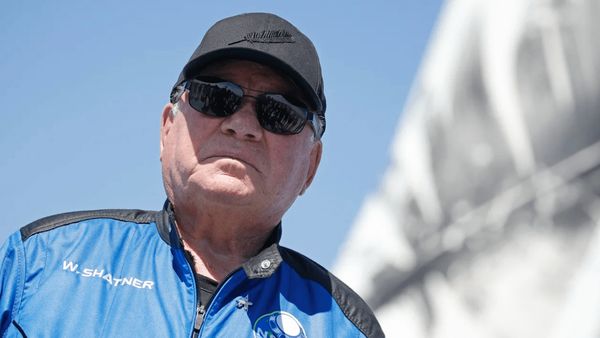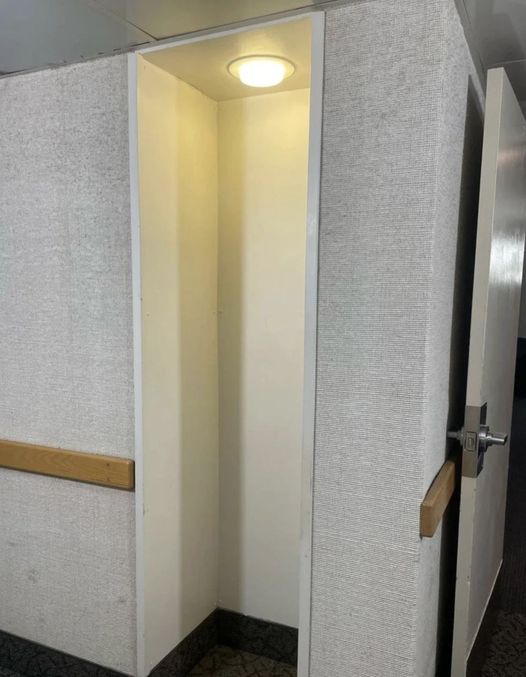
For decades, astronauts have shared their awe-inspiring experiences of space travel, highlighting the beauty of our planet and the responsibility we have to protect it. However, actor William Shatner, known for his iconic role as a spaceship captain on the TV show “Star Trek,” had a different perspective after his trip to space. In his new book, “Boldly Go,” co-written with Joshua Brandon, Shatner describes feeling overwhelmed by a sense of death when he looked beyond Earth into the vastness of the cosmos.
Shatner’s journey into space was a suborbital space tourism adventure that took place last year. Despite his expectation of a breathtaking view, he found himself face-to-face with a cold, dark void, unlike anything he had ever seen before. The blackness was all-encompassing, leaving him with a deep appreciation for the beauty and fragility of life on Earth. As he turned his gaze back towards our planet, he realized the importance of nurturing and sustaining it, referring to it as Mother Nature or Gaia.
In his book, Shatner shares his profound realization that his previous understanding of space and the universe was completely wrong. Instead of being mesmerized by the vastness of the cosmos, he was struck by the urgency of the environmental challenges our planet faces. He described this experience as one of the most intense moments of grief in his life.
Published in 2011 by Simon & Schuster, “Boldly Go” provides readers with a unique perspective on space travel and the impact it can have on our perception of Earth. In a candid interview with CNN, Shatner expressed his concern for the changing Earth and the urgent need for action to safeguard our planet. He compared the situation to owing money on a mortgage but choosing to ignore the problem instead of finding a solution.
Recalling his space journey, Shatner poignantly shared the emotions he felt as he peered into the darkness of space and saw what he believed to be death. However, it was when he turned his gaze back to Earth that the gravity of the situation truly hit him. Having studied Earth’s history and the evolution of its beauty over billions of years, he couldn’t help but feel sorrow for the destruction of our natural world.
Upon landing back on Earth, Shatner found himself unexpectedly overcome with tears. It took him hours to comprehend the depth of his emotions, eventually realizing that he was mourning the state of the planet. This profound experience made him acutely aware that humans may be the only creatures on Earth who truly grasp the vastness and magnificence of the universe.
Reflecting on the advancements humanity has made in the past century compared to the thousands of years we have existed, Shatner marvels at our growing knowledge of the universe while simultaneously endangering our own existence. He emphasizes the significance of this realization and the urgent need for action to secure a sustainable future.
In a world filled with political divisions and differing opinions, Shatner’s journey to space and his subsequent reflections serve as a reminder that protecting our home planet should be a unifying goal. As we continue to push the boundaries of space exploration, we must also remember our responsibility to preserve and nurture the fragile planet we call home.




